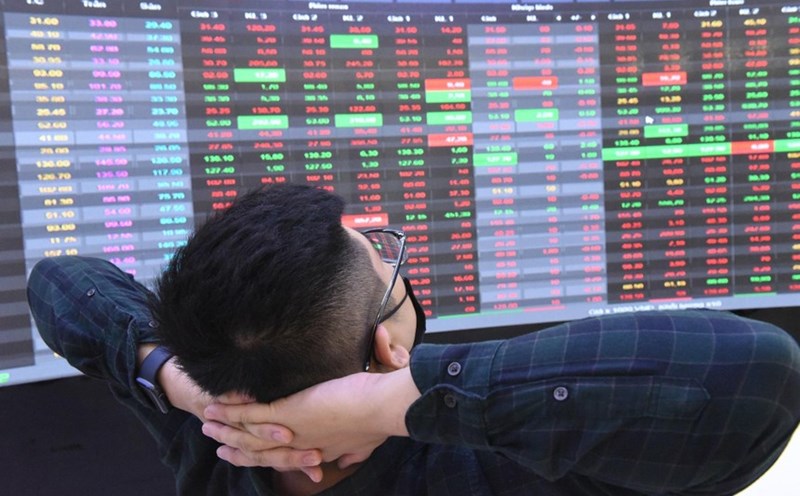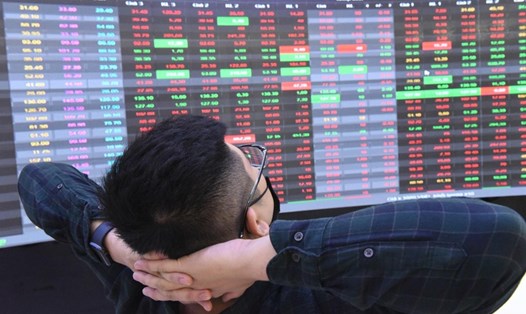Lao Dong Newspaper had a discussion with Counselor, Head of the Vietnam Trade Office in the US - Mr. Do Ngoc Hung about the impact of the Vietnamese steel and aluminum industry on the US tax policy as well as recommendations for businesses.
Could you tell us about the recent situation of Vietnam's steel exports to the United States?
- According to US customs statistics, in 2024, Vietnam will export about 983 million USD of steel and steel products (an increase of nearly 159% compared to 2023). For aluminum products, in 2024, Vietnam will export about 479 million USD of aluminum and aluminum products to the US market, an increase of 9.5% compared to 2023.
Currently, Vietnam's aluminum and steel products are still subject to 10% and 25% tariffs respectively under Section 232 that the US has applied since 2018 to most countries, some products are excluded from the US list.
In addition, aluminum and steel products, especially steel products, are frequent subjects in trade defense lawsuits (TDRs) that the US investigates against Vietnam. Up to now, there have been 34 TDR lawsuits against steel products, accounting for more than 50% of the total number of TDR lawsuits that the US investigates against Vietnam.
Regarding aluminum products, the US has investigated two cases. The above cases, except for the anti-dumping (AD) and anti-subsidy (CVD) investigations on corrosion-resistant steel (CORE steel), have ended their investigations and are in the tax imposition phase.
How will Vietnam be affected when US President Donald Trump increases tariffs to a fixed rate of 25% on steel and aluminum imports?
- President Donald Trump signed a Proclamation imposing an additional 25% tariff on both steel and aluminum (i.e. increasing the tariff rate on aluminum to 25% from the previous 10%) and eliminating country exceptions and quota agreements as well as product-specific tariff exclusions for both metals for national security reasons and because the exemptions have reduced the effectiveness of these measures.
Accordingly, the tax rate will increase again to 25% on steel and aluminum imported from Argentina, Australia, Brazil, Canada, the EU, Japan, Mexico, South Korea, the UK and Ukraine that have been exempted from tax into the United States under the exemption provisions. The above tax rate will take effect from March 12, 2025. For countries that have been subject to a 25% tax since 2018 (including Vietnam), the above tax rate will continue to be maintained.
The US applies this to all imported goods, but we still have many opportunities to continue exporting because in reality, the production capacity of US steel and aluminum manufacturers cannot immediately meet domestic demand. However, the profit margin of exporting enterprises will decrease.
For the US, the tax measure will certainly cause inflation to increase as aluminum and steel are basic commodities and have high demand in the US.
Difficulties in exporting to the US will also affect the supply chain. Steel/aluminum from countries that have difficulty exporting to the US will find ways to export to other countries, including Vietnam.
In addition, imposing high tariffs on exported goods will cause steel companies to return to the domestic market and cause countries to increase protectionism with steel/aluminum products (similar to 2018 when the US applied Section 232 to steel and aluminum, the EU, Turkey, etc. all launched new safeguard investigations on most imported steel). This will make it difficult for steel exporting countries like Vietnam to enter other markets, besides the US.
What recommendations do you have for Vietnamese businesses in this context?
- Vietnamese enterprises need to assess the situation to have appropriate business strategies, expand exports to markets that have free trade agreements with Vietnam, and avoid dependence on one market.
In addition, businesses need to comply with US regulations on origin and always be ready to fully participate in the explanation process of US investigation agencies in trade defense cases.
At the same time, closely coordinate with the Ministry of Industry and Trade (Department of Trade Defense) and diplomatic missions abroad to closely monitor the situation for appropriate responses.
Thank you!











